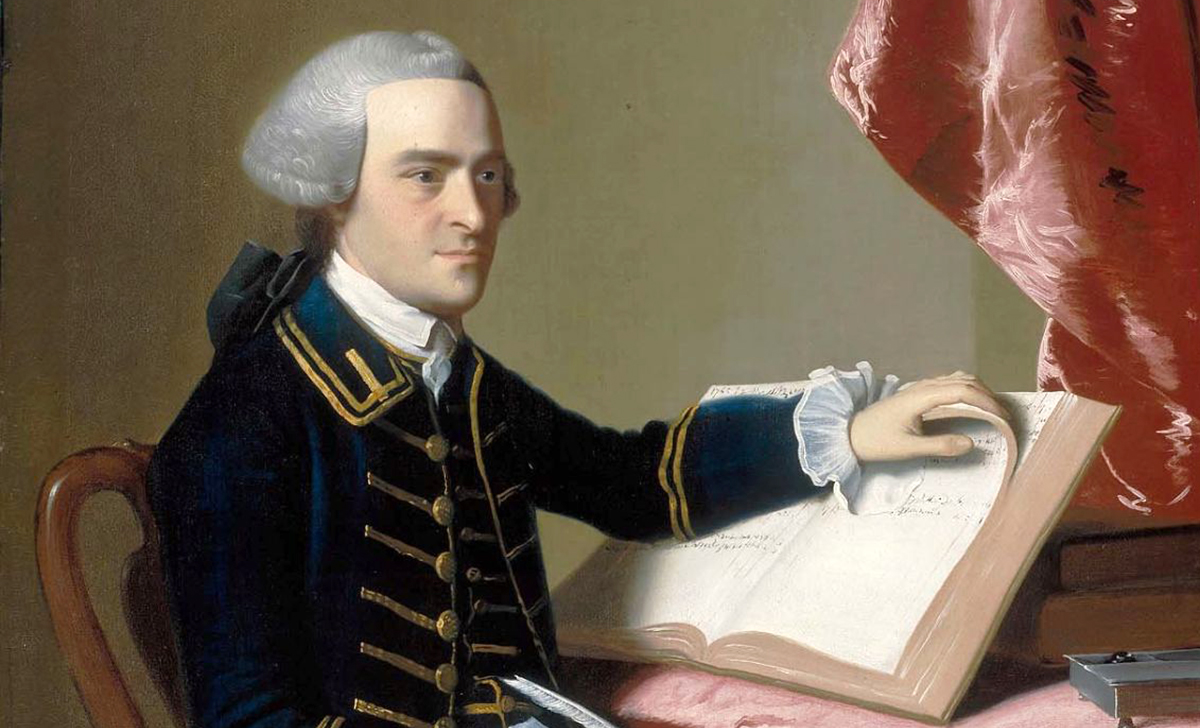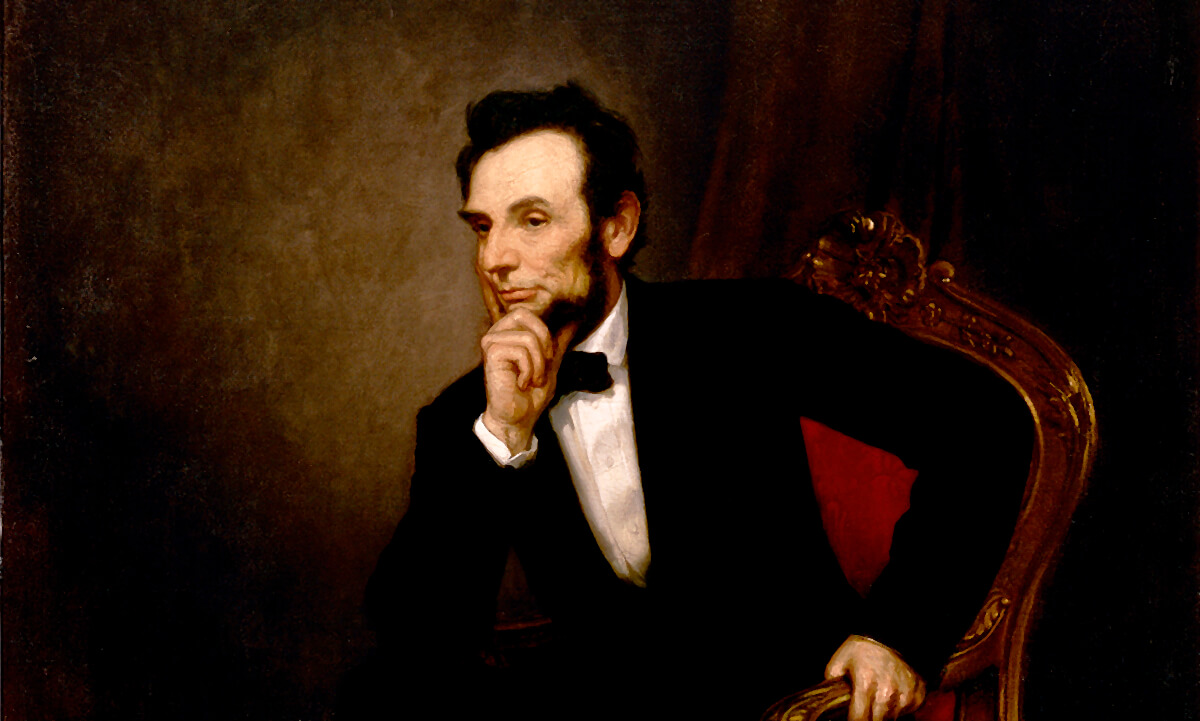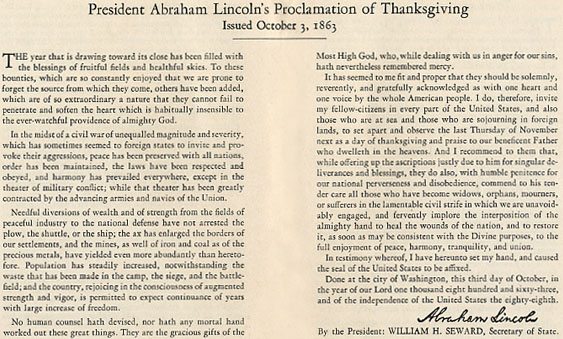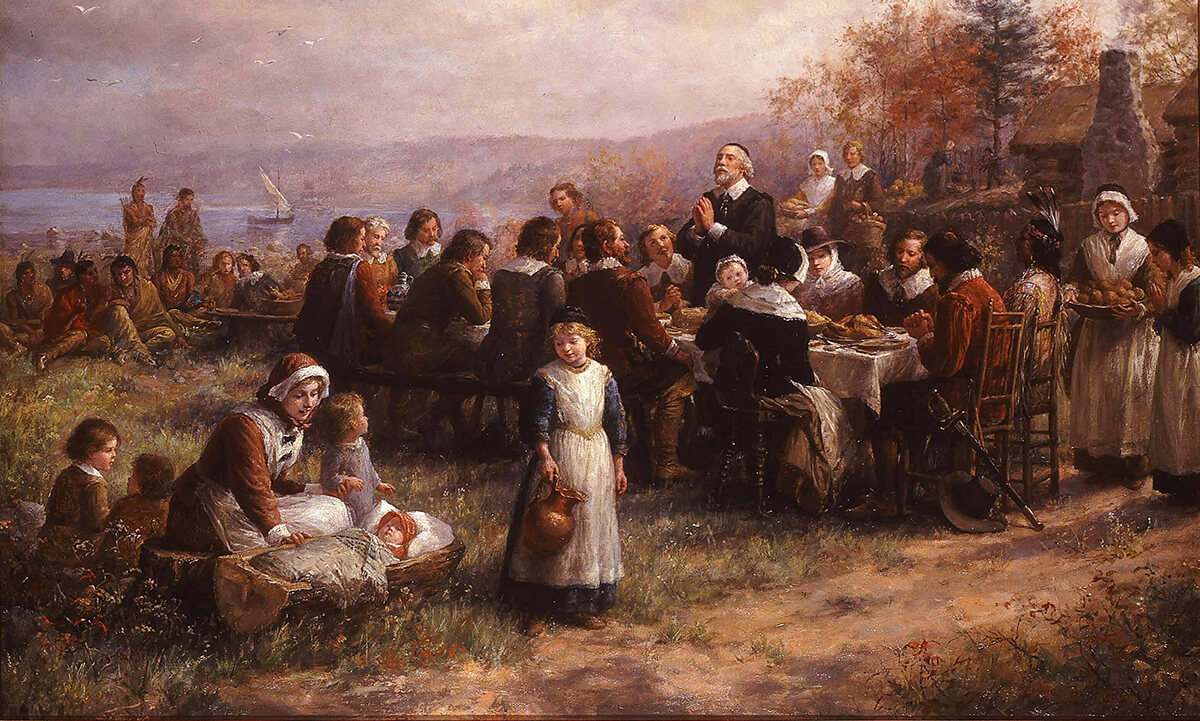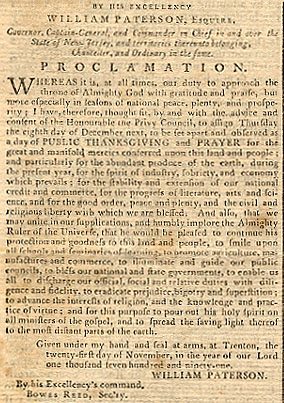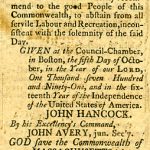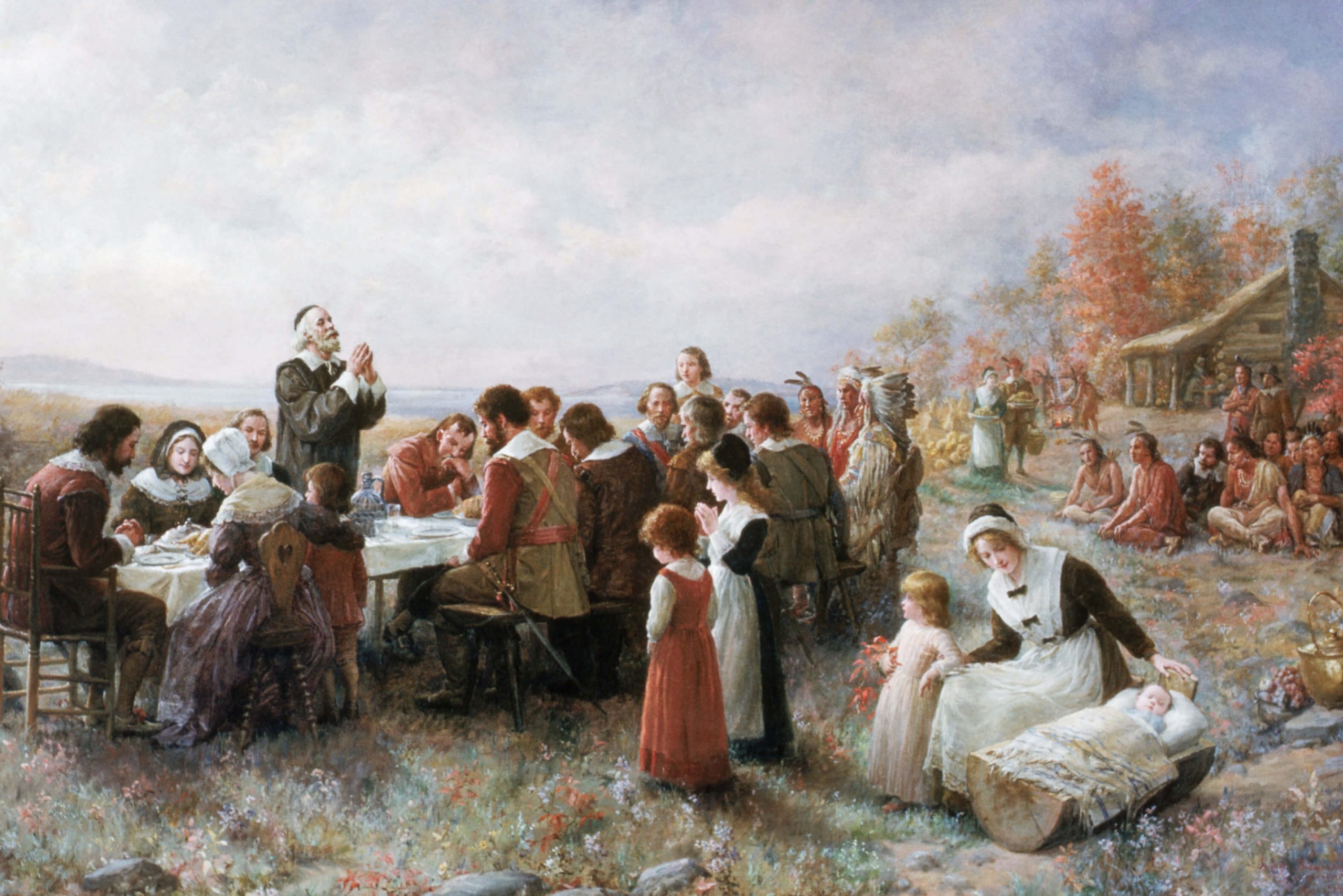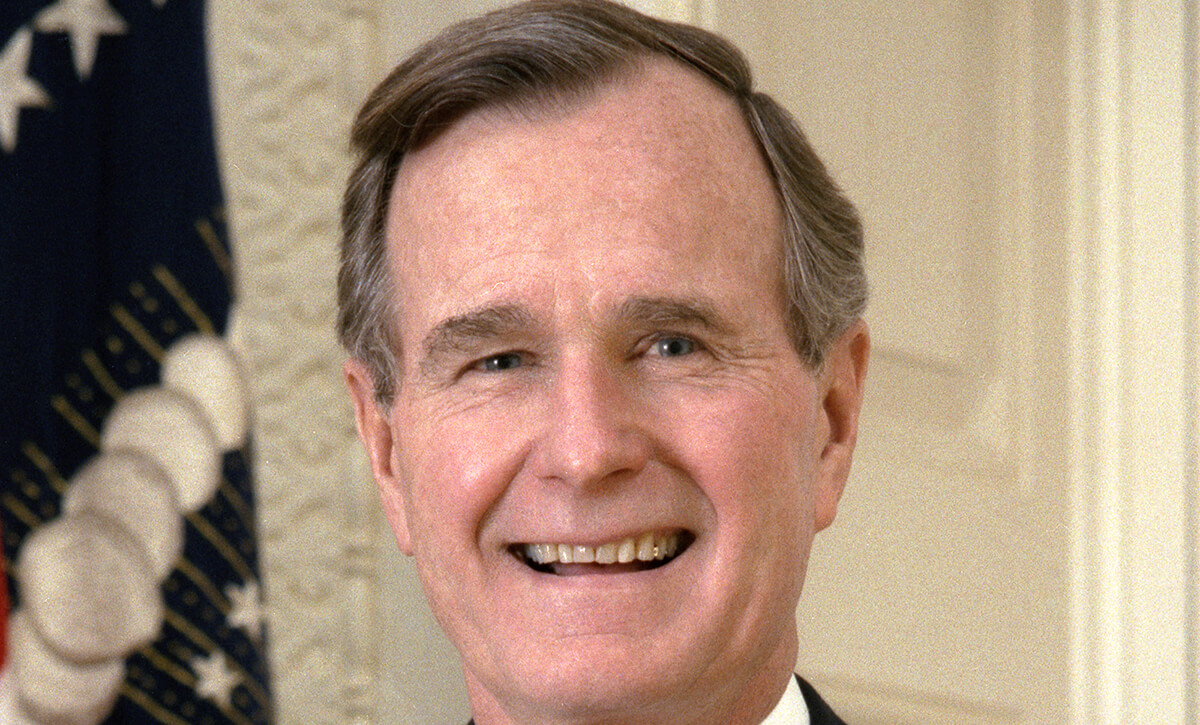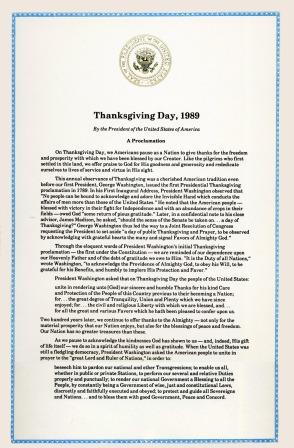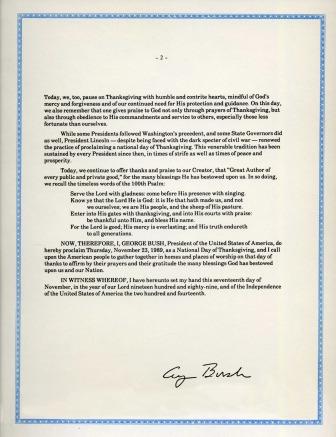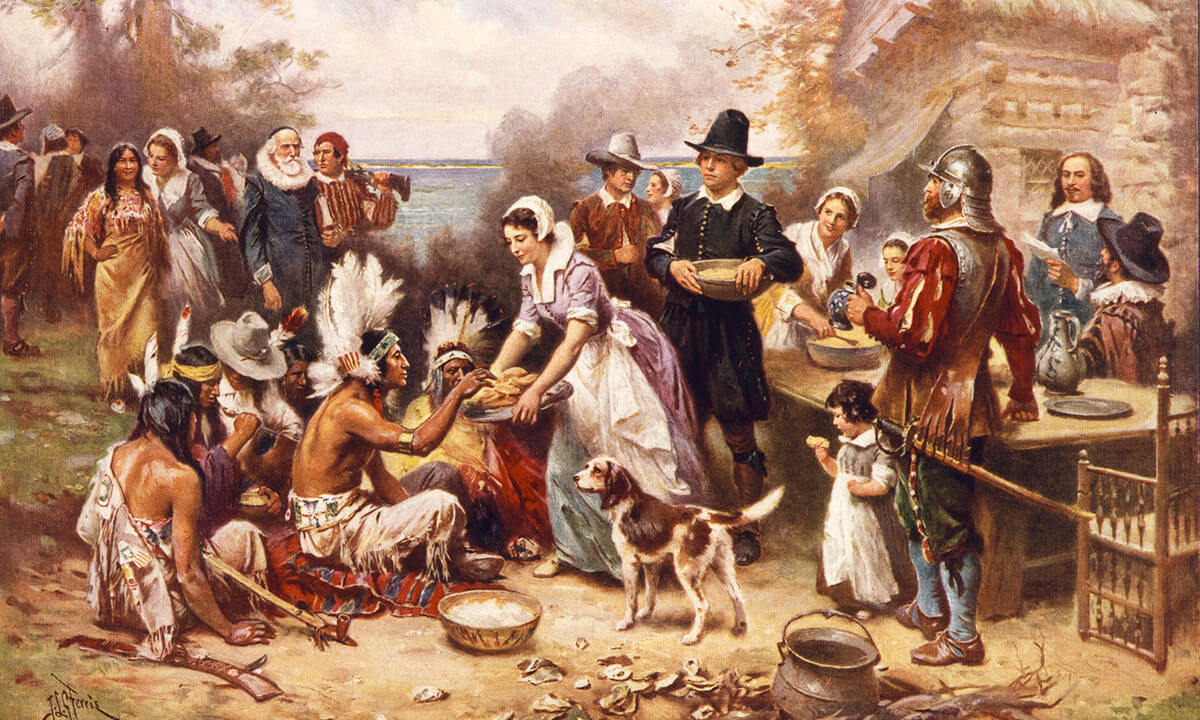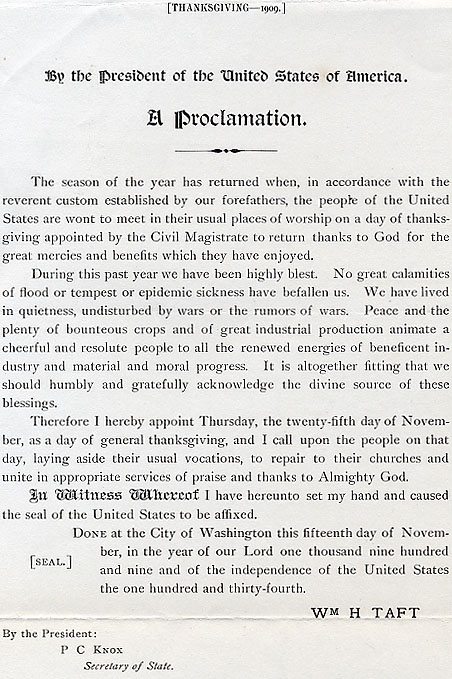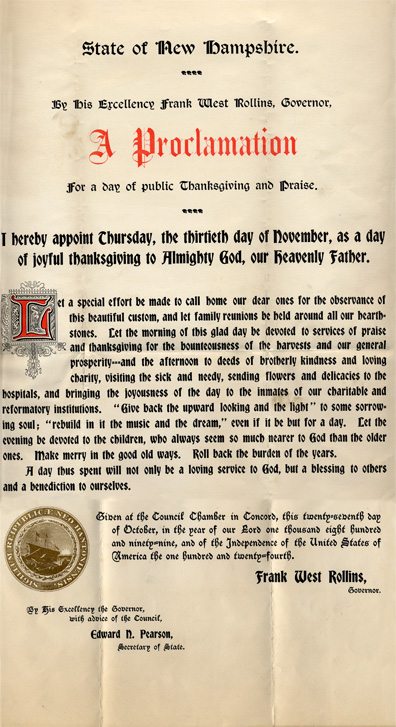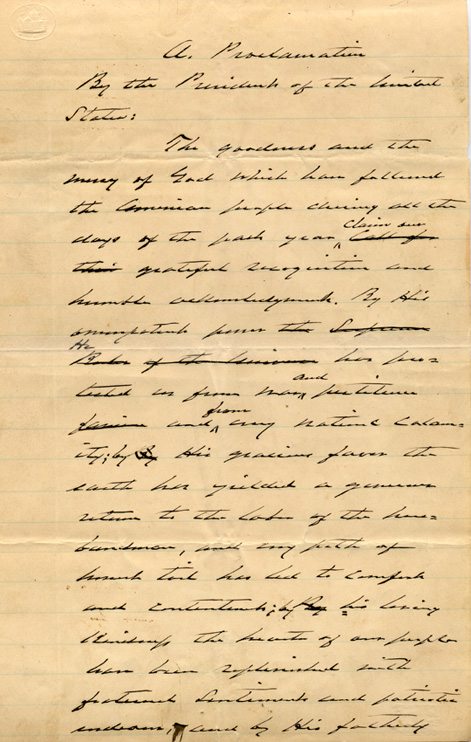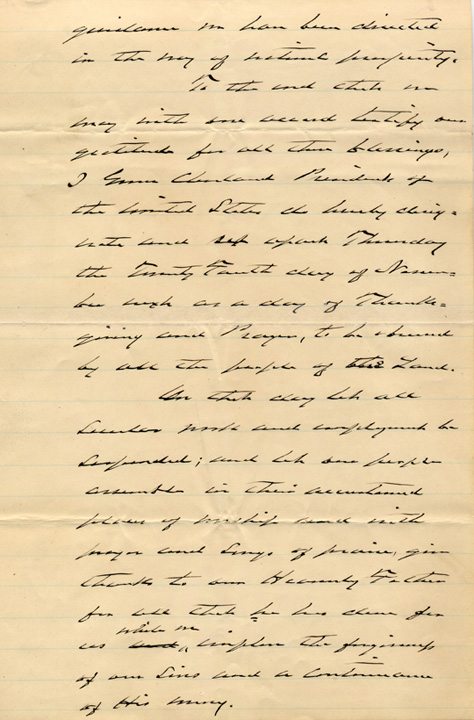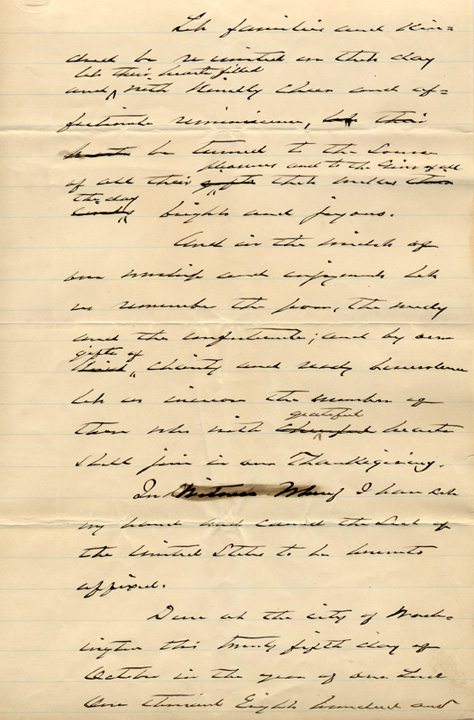This proclamation was issued by Massachusetts Governor, John Hancock on October 25, 1792. It was proclaiming a day of Thanksgiving and Praise for November 29, 1792 as printed in the Columbian Centinel.
By His Excellency
John Hancock, Esq.
GOVERNOR of the Commonwealth of MASSACHUSETTS.
A PROCLAMATION for a Day of PUBLIC THANKSGIVING.
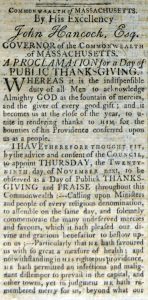 WHEREAS it is the indispensable duty of all Men to acknowledge Almighty GOD as the fountain of mercies, and the giver of every good gift; and it becomes us at the close of the year, to unite in rendering thanks to Him for the bounties of his Providence conferred upon us as a people.
WHEREAS it is the indispensable duty of all Men to acknowledge Almighty GOD as the fountain of mercies, and the giver of every good gift; and it becomes us at the close of the year, to unite in rendering thanks to Him for the bounties of his Providence conferred upon us as a people.
I HAVE therefore thought fit, by the advice and consent of the Council, to appoint THURSDAY, the Twenty-Ninth day of November next, to be observed as a Day of Public THANKSGIVING and PRAISE throughout this Commonwealth:—Calling upon Ministers and people of every religious denomination, to assemble on the same day, and solemnly commemorate the many undeserved mercies and favors, which it hath pleased our divine and gracious benefactor to bestow upon us;—Particularly that He hath favored us with so great a measure of health; and notwithstanding in His righteous providence, He hath permitted an infectious and malignant distemper to prevail in the capital, and other towns, yet in judgment He hath remembered mercy for us, beyond what our sins have deserved; the lives of by far the greater number of those who have been visited with the distemper, having been spared and their health restored:—That He hath caused the earth to yield its increase, sufficient for the supply of the necessaries and conveniences of life: To prosper our merchandise and fishery; and to continue to us our invaluable civil and religious rights and liberties.
 And, together with our sincere and pious acknowledgments, I do earnestly recommend, the penitent confession of our sins; amendment of our hearts and lives, and humble supplication to GOD, for His further aid, protection and blessing:—That He would especially be pleased to endue the administrators of the federal constitution, and of this, and the other States in the Union, with sound wisdom and understanding; the fear of GOD, and love of their country, and a single aim to preserve and promote the liberty, prosperity and happiness of the people: And that He would grant to all, a spirit of truth, and discernment; a due regard to every wise administration, and to the importance of internal peace and Union:—To afford His further smiles on our agriculture, fisheries, commerce, and all the labor of our hands;—To guide and direct the University, and all schools and seminaries of learning, so that our children and youth, by a wholesome education, may be deeply impressed with the principles of true religion, and solid virtue.—That He would be pleased to afford His almighty aid to all people, and more especially the French Nation, who are virtuously struggling for their just and equal rights. And finally, that He would be pleased to overrule the commotions and confusions that are in the earth, to the speedy downfall of tyranny and oppression, so that the kingdom of our LORD and SAVIOR JESUS CHRIST may be established in Peace and Righteousness, among all the Nations of the Earth.
And, together with our sincere and pious acknowledgments, I do earnestly recommend, the penitent confession of our sins; amendment of our hearts and lives, and humble supplication to GOD, for His further aid, protection and blessing:—That He would especially be pleased to endue the administrators of the federal constitution, and of this, and the other States in the Union, with sound wisdom and understanding; the fear of GOD, and love of their country, and a single aim to preserve and promote the liberty, prosperity and happiness of the people: And that He would grant to all, a spirit of truth, and discernment; a due regard to every wise administration, and to the importance of internal peace and Union:—To afford His further smiles on our agriculture, fisheries, commerce, and all the labor of our hands;—To guide and direct the University, and all schools and seminaries of learning, so that our children and youth, by a wholesome education, may be deeply impressed with the principles of true religion, and solid virtue.—That He would be pleased to afford His almighty aid to all people, and more especially the French Nation, who are virtuously struggling for their just and equal rights. And finally, that He would be pleased to overrule the commotions and confusions that are in the earth, to the speedy downfall of tyranny and oppression, so that the kingdom of our LORD and SAVIOR JESUS CHRIST may be established in Peace and Righteousness, among all the Nations of the Earth.
And I do also earnestly recommend to the good people of this commonwealth, to abstain from all servile labor and recreation, inconsistent with the solemnity of the said Day.
GIVEN at the Council-Chamber, in Boston, the Twenty-Fifth Day of October, in the Year of our Lord, One Thousand seven Hundred and Ninety-Two, and in the seventeenth Year of the Independence of the United States of AMERICA.
JOHN HANCOCK.
By His Excellency’s Command,
JOHN AVERY, jun. Secretary.
